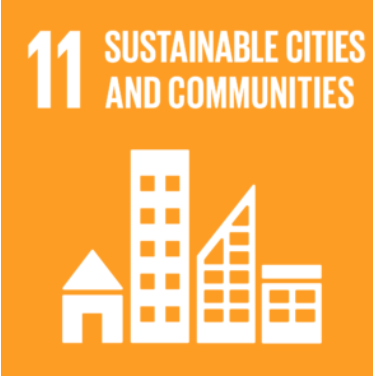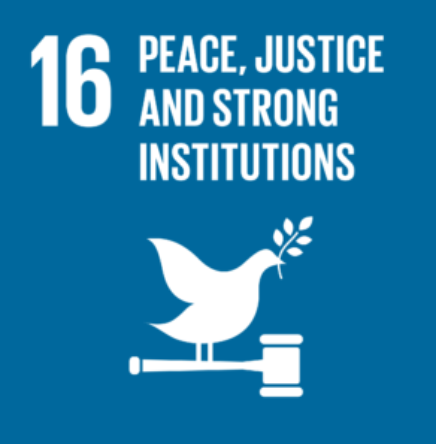The Relationship Between Shinto Ideals and the SDGs

The Relationship Between Shinto Ideals and the SDGs

Sustainable Communities (SDG 11: Sustainable Cities and Communities)
Shinto festivals and rituals strengthen local community bonds and contribute to sustainable community development. Community cohesion and cultural heritage are important elements in creating sustainable communities.

Coexistence with Nature (SDG 13: Climate Action)
Shinto is based on worshipping nature, and seeing gods in natural elements. This perspective emphasizes the importance of environmental protection and sustainable resource use. Protecting the environment and preserving nature is crucial for effective climate action.

Ethical Living (SDG 16: Peace, Justice, and Strong Institutions)
Shinto does not have strict doctrines but emphasizes gratitude towards nature and ancestors, promoting ethical living. This aligns with the SDGs' goals of peaceful coexistence and a just society.

Historical Religious Conflicts and the Significance of Shinto
Historically, many religions have caused conflicts and wars due to differences in doctrines and beliefs. Monotheistic religions often see their faith as the absolute truth, leading to clashes with other belief systems.
Shinto, being polytheistic, is relatively accepting of other religions. This has important implications:
Tolerance and Coexistence
Shinto's polytheism allows for accepting other gods and belief systems, helping to avoid religious conflicts and promoting peaceful coexistence.
Flexible Belief System
Shinto lacks strict doctrines, making integrating with other religions and cultures easy. In Japan, Shinto and Buddhism coexist, and both faiths harmonize in daily life.
Conclusion
Achieving the SDGs requires respecting and incorporating diverse religions and cultures' sustainable lifestyles and ethics. Shinto’s worship of nature, focus on community, and tolerant belief system deeply resonate with the SDGs’ ideals.
Shinto’s flexible and harmonious approach to religion is highly valuable to building a sustainable future and avoiding religious conflicts.